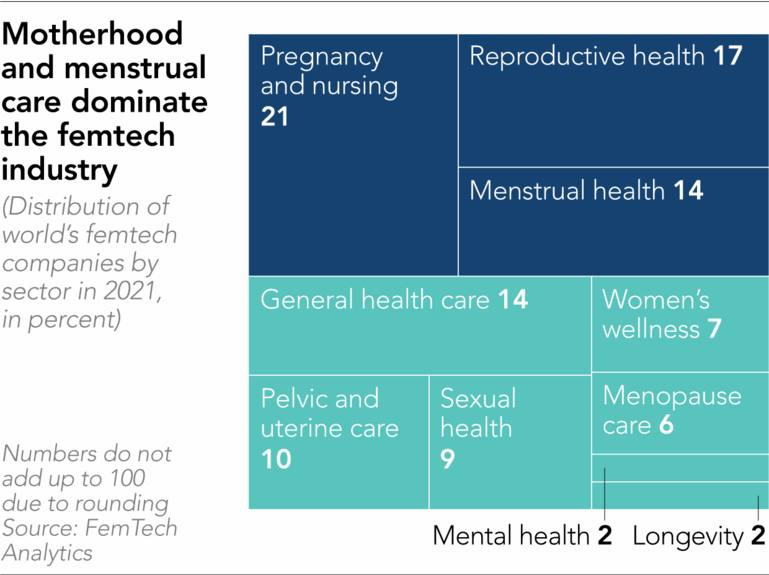Asia’s femtech startups that are addressing woman’s health care need …
Kolding, Denmark, 7 March; 2022
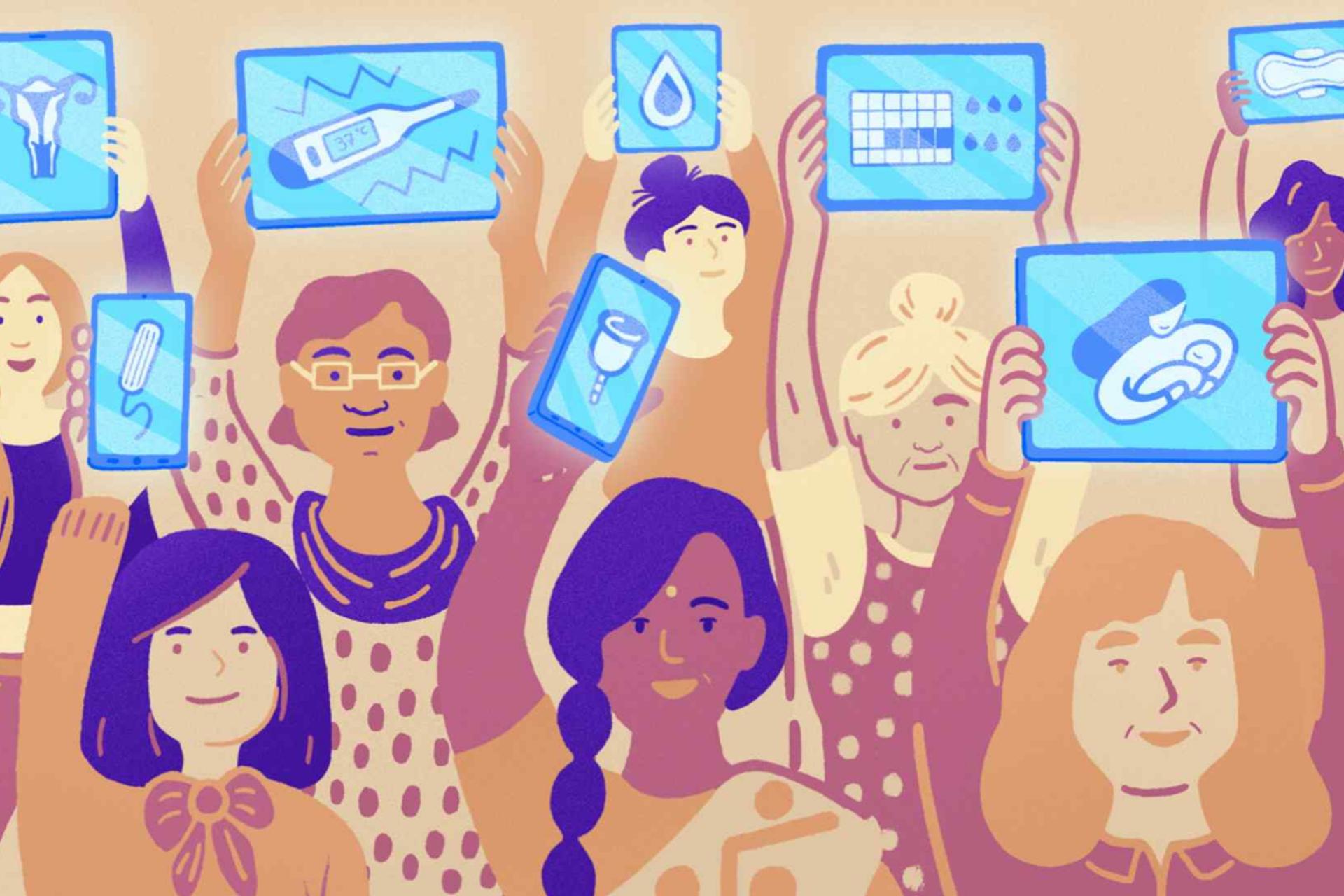
From period poverty to menopause, women's health issues have historically been sidelined by the medical industry. Ahead of International Women's Day, take a look at some of Asia's femtech startups that are addressing women's unmet health care need.
Period poverty -- inadequate access to menstrual hygiene tools and education -- is estimated to affect as many as 1 in 10 menstruating girls and women worldwide, according to a report by the United Nations.
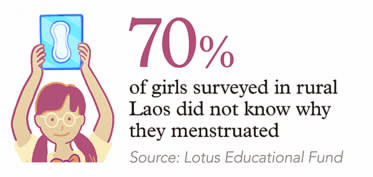
“Despite the prevalence of period poverty, and its potential impact on girls' education, improving menstrual health is rarely at the top of governments' to-do lists”, said Trine Angeline Sig, managing director of Real Relief, a Danish-based company that has been designing sustainable aid products for developing countries since 2013. "I have so many stories from entering high-level offices and meeting ministers," Sig told Nikkei Asia. "And when you talk to them about combating malaria, or distributing mosquito nets, etc., they will listen and they think it's fantastic. But the minute you bring up sanitary products, the meeting is suddenly over and they don't have time. Menstruation is so stigmatized in so many countries, and men don't want to be involved."
Out with the old, in with the tech
In the absence of sufficient representation in mainstream health care, entrepreneurs across Asia are turning to a new force to address women's health concerns: Femtech. Coined in the U.S. in 2016, "femtech" refers to any software, product or service that uses technology to improve women's health. Early femtech came in the form of sustainable sanitary products for tackling period poverty, such as the 3,200 sanitary kits produced and distributed in Laos by Lotus in 2016. The kits contained reusable pads, underwear and detergent, and were produced by girls enrolled in Lotus' education program.
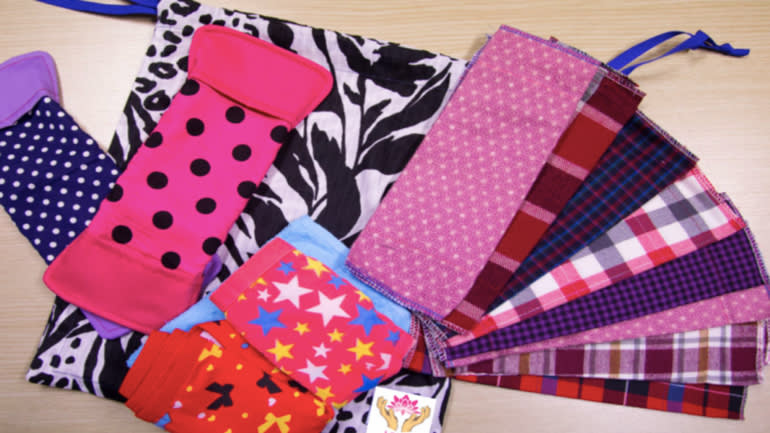
To combat period poverty in rural Laos, Lotus Educational Fund launched over 3,000 sanitary kits in 2016. The kits (pictured) contain reusable pads and underwear. (Photo courtesy of Lotus Educational Fund)
As technology has evolved, so has femtech. In 2018, Real Relief won the Danish Design Award for its Safepad, a reusable sanitary towel made with a unique antimicrobial fabric that kills any bacteria within 30 seconds.
Managing director Sig explained that antimicrobial technology is necessary because many girls in Asia's poorest regions do not have access to clean water. "With Safepad," Sig said, "even if you wash it in a contaminated lake or river, the fabric kills any harmful bacteria, so you don't have to worry about infections."
Safepad is currently distributed in 10 countries across Africa and Asia, including Laos and Bangladesh. RealRelief's latest challenge has been getting the product to girls in Afghanistan, which has been experiencing a humanitarian crisis following the withdrawal of U.S. troops last year, and where the UNHCR estimates 80% of the 700,000 displaced by conflict in 2021 are women and children. When the Taliban took over the country in August, Safepad's production center in Kabul was immediately forced to shut down.
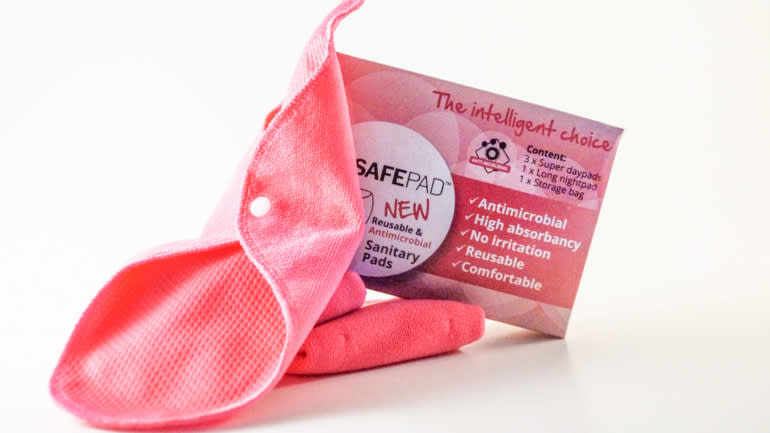
SafePad is a reusable sanitary towel made with antimicrobial fabric to fight bacterial infection. It is currently being made and distributed in Taliban-led Afghanistan. (Photo courtesy of Real Relief)
But after several months of cautious talks with the Taliban, Safepad was given permission to resume production, provided the 12 local women employed to assemble the pads are accompanied to and from work by male guardians. "I have to say," Sig said, "I didn't expect them to let us continue, but I was so happy for the women because they really look forward to coming to work every day. ... For them, it's freedom."
Asia's femtech boom
The last couple of years have seen a boom in investment in femtech worldwide. Analytical information agency FemTech Analytics counted 1,323 femtech companies globally last year, 41 of which were in Southeast Asia, with 1,292 investors.
Femtech's role in family planning
Demand for motherhood- and fertility-related femtech, which comprises 38% of the world's femtech market, shot up during the pandemic.
